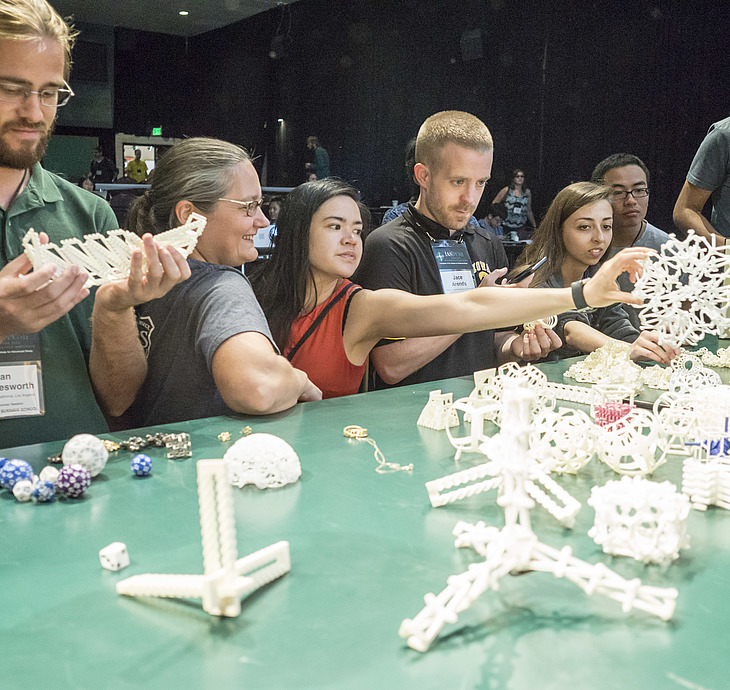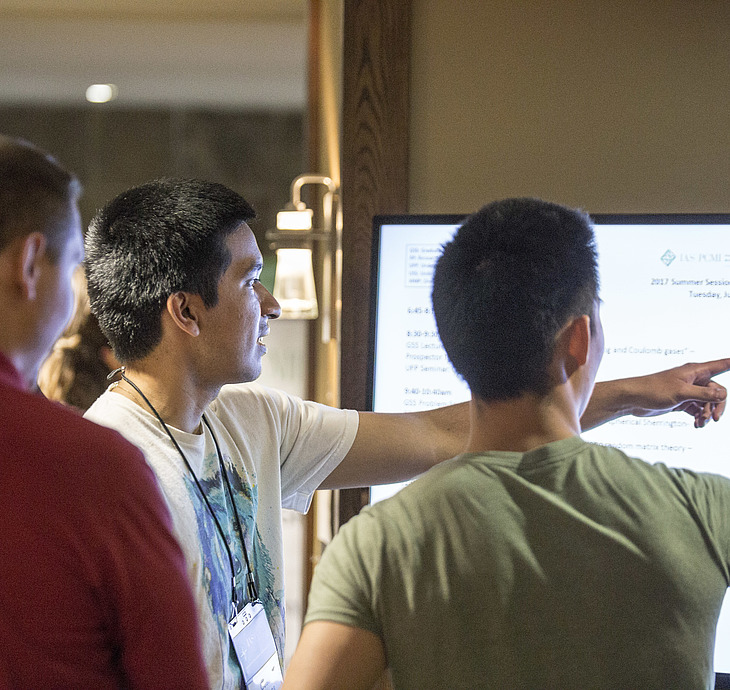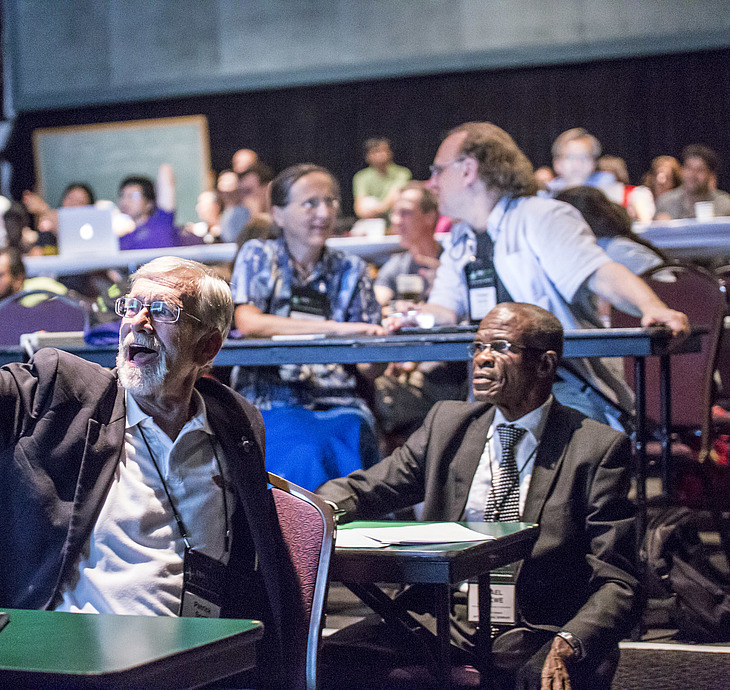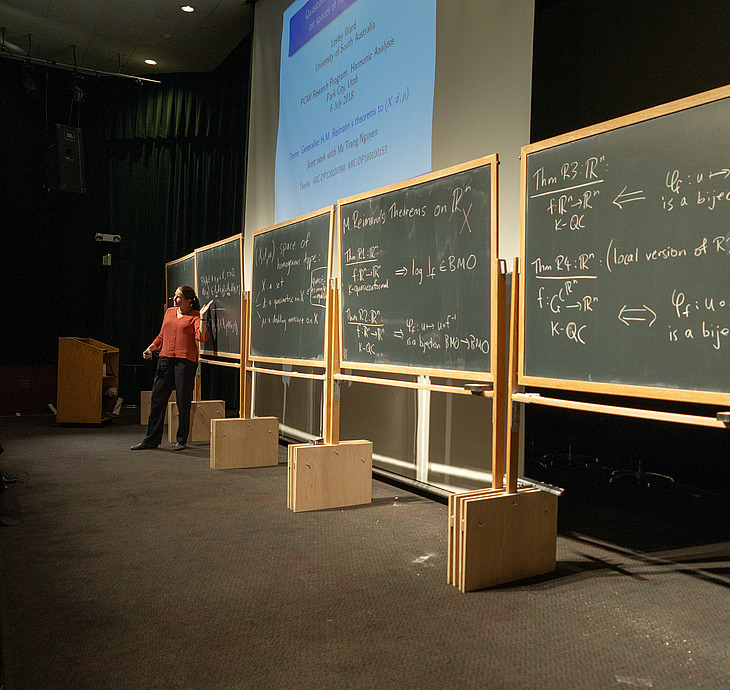IAS/Park City Mathematics Institute
PCMI has an open call to organize a summer session in 2027 and 2028. For those interested in proposing a future PCMI Research Topic, click HERE for additional information.
Applications for the 2026 PCMI Summer Session are available now. Please see the program links below.
The IAS/Park City Mathematics Institute, a three-week residential summer session, will be held June 28-July 18, 2026 in Park City, Utah. The Research topic for 2026 is Knotted Surfaces in Four-Manifolds.
PCMI 2026 Research Topic: Knotted Surfaces in Four-Manifolds
Organized by R. İnanç Baykur, University of Massachusetts Amherst; Kyle Hayden, Rutgers University – Newark; András Stipsicz, Rényi Institute of Mathematics; Gordana Matic, University of Georgia; Masaki Taniguchi, Kyoto University; and Ian Zemke, University of Oregon
Course descriptions and additional information on the Graduate Summer School program can be found by CLICKING HERE.
Details on the Research Program is now available. CLICK HERE for information about the 2026 Research Program.
The Undergraduate Summer School, will consist of a three-week program led by Mark Hughes, Brigham Young University, as well as an interactive Experimental Math Lab (XML). CLICK HERE for additional information.
The Undergraduate Faculty Program will be a three-week program led by Jeffrey Meier, Western Washington University. CLICK HERE for 2026 UFP details.
PCMI encourages applications from all those with interest in the program, both from the US and internationally. Our goal is to provide a welcoming community for all participants.
If you have questions please contact us at pcmi@ias.edu.
The IAS/Park City Mathematics Program (PCMI) is an outreach program of the Institute for Advanced Study (IAS). Held in Park City, Utah, IAS/PCMI is an intensive three-week residential conference that includes several parallel sets of activities aimed at different groups of participants across the entire mathematics community. These activities include:
- program for mathematics researchers
- short courses for graduate students
- lecture series for undergraduate students
- undergraduate faculty program
At the annual Summer Session, all of PCMI's programs meet simultaneously, pursuing individual courses of study designed to enrich participants in mathematical topics appropriate for their level, and participating in cross-program activities based on the principle that each group has something important to teach and to learn from the others. The rich mathematical experience combined with interaction among groups with different backgrounds and professional needs increases each participant's appreciation of the mathematical community as a whole and results in an increased understanding and awareness of the issues confronting mathematics and mathematics education today.
Acknowledgments
Major funding from:
Simons Foundation
National Science Foundation
With generous support from:
Clay Mathematics Institute Senior Scholar Program







